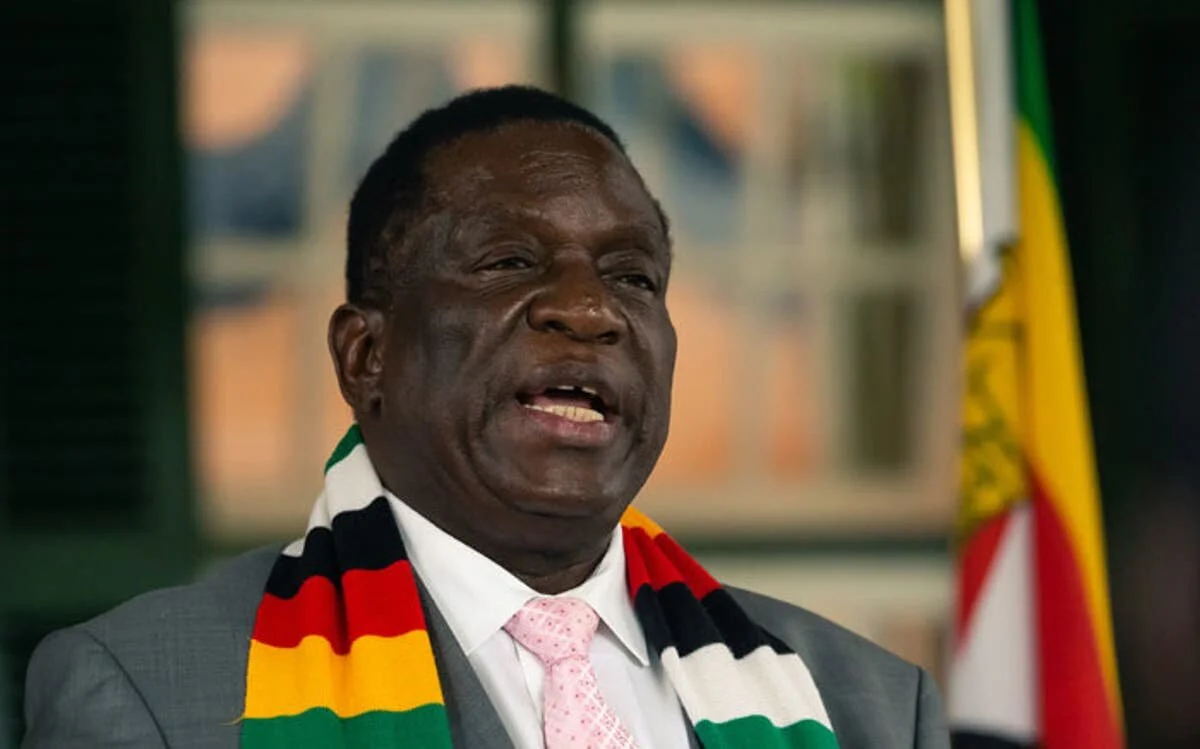On July 29, the Zimbabwean government signed an $3.5 billion agreement to compensate the country’s white farmers who had lost their land during the so-called “land redistribution program,” undertaken by the government of former ruler Robert Mugabe, in the early 2000s. Zimbabwe’s current President, Emmerson Mnangagwa, has described the agreement as a historic one, claiming it brings “closure and a new beginning in the history of the land discourse" in Zimbabwe. Andrew Pascoe, president of the Commercial Farmers Union of Zimbabwe, who signed the agreement on behalf of Zimbabwe’s white farmers, called the development “nothing short of a miracle.”
The suspicious timing of this agreement – two days before planned countrywide demonstrations against the corruption and brutality of the Mnangagwa government – was not lost on opposition leaders like former Senator David Coltart. In a recent interview, Coltart slammed Mnangagwa for engaging in “an elaborate game of smoke and mirrors with the international community.” He suggested that the agreement was “a ploy [for the government] to paint themselves in the best possible light with no real plan to raise this money.”
We can indeed talk all day about the naivete of counting on the faith and credit of a literally bankrupt government to honor an agreement that requires half the amount to be paid within 12 months, and the rest over a five-year period – all while being funded through long-term bonds raised by a government that no one trusts. Let us suppose, however, that the government is capable of making these payments. The brutal reality is that unless they can, in the same timeframe, also deliver on the promissory notes to the rest of the country – those that haven’t been honored since independence in 1980 – the government will have put a very dangerous wedge between Zimbabwe’s white and black communities.
According to the text of the multi-billion dollar agreement, the concerned parties will have to engage international donors to raise the second half of the funds. In other words, white farmers must go around encouraging Western capitals to do business with Mnangagwa’s corrupt government, all while our children and women – mostly black – are dying in hospitals; while over 90% of the population remains unemployed; while millions of pensioners, who have lost everything, continue to live and die in poverty; and while anyone who dares to exercise their constitutional rights to hold the government accountable incurs their wrath, and is harassed, abducted, sexually abused, maimed or even killed.
The lessons of history are freely available to all of us as Zimbabweans. This act of supposed goodwill by an incompetent, repressive and corrupt government will not change the grim reality for a majority of Zimbabweans. Not now, nor moving forward. The signing of this agreement – during the government’s draconian response to peaceful protests – was not just insensitive, but counterproductive. Our mounting problems as a nation will not cease until every Zimbabwean understands that an attempt to “put things right” with only one sector of our community, while denying everyone else their constitutional rights, is wholly unsustainable.
Dr. Noah Manyika is a graduate of Georgetown University’s School of Foreign Service. He is the leader of Build Zimbabwe Alliance and founder of the War on Poverty Trust. You can follow him on Twitter at @DrNManyika.
DISCLAIMER: The views expressed in this publication do not necessarily reflect the views of Vanguard Africa or the Vanguard Africa Foundation.

